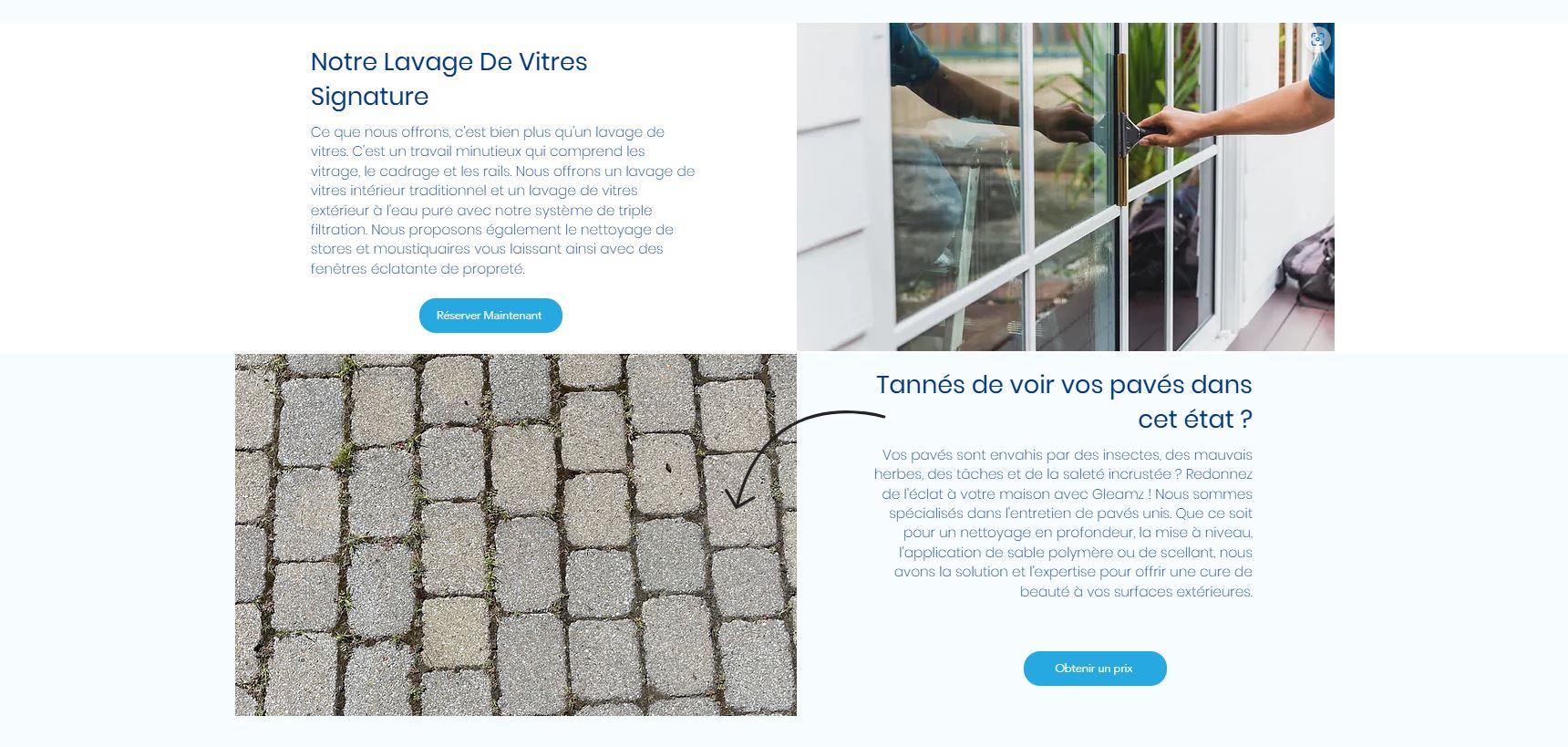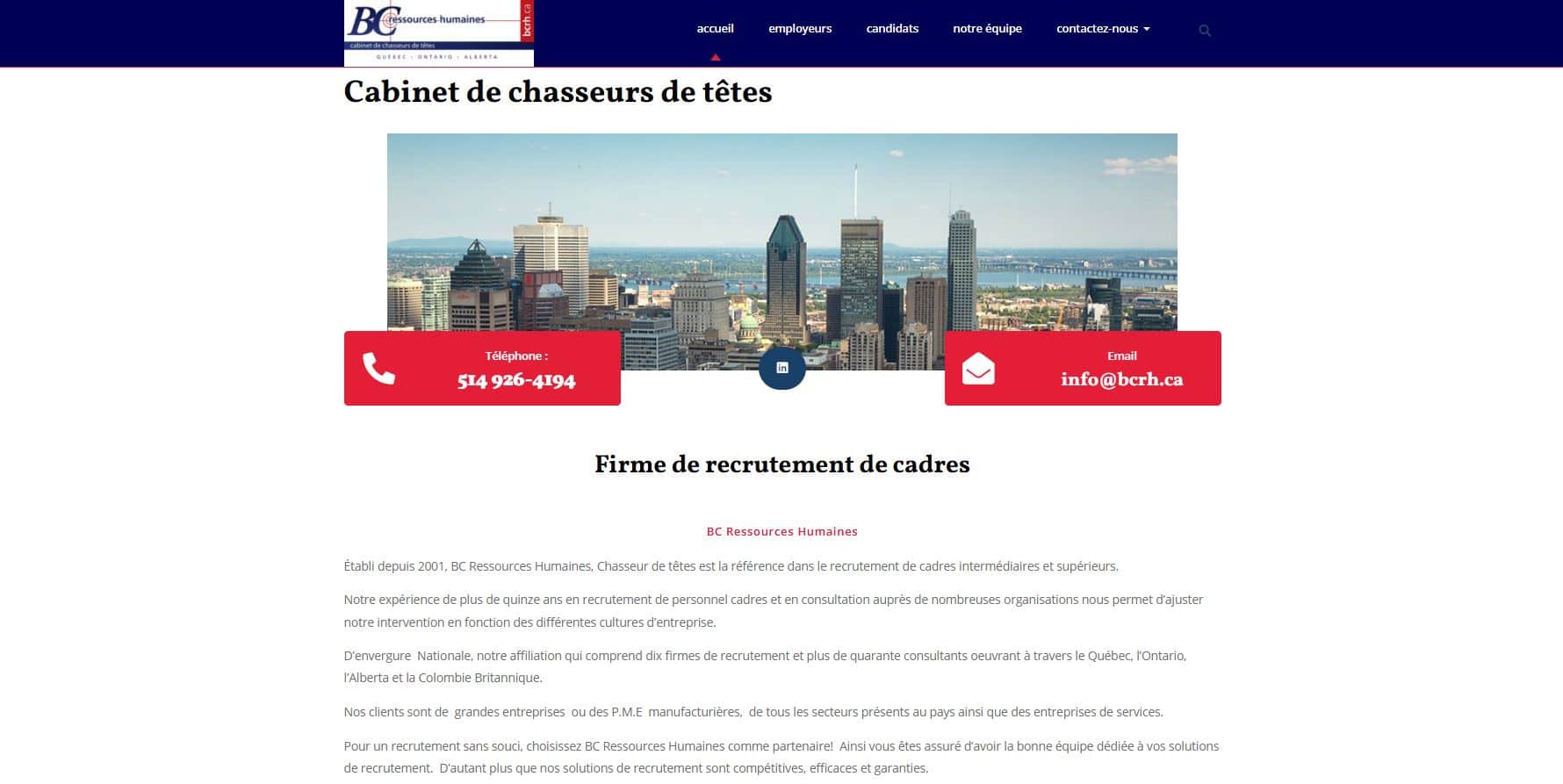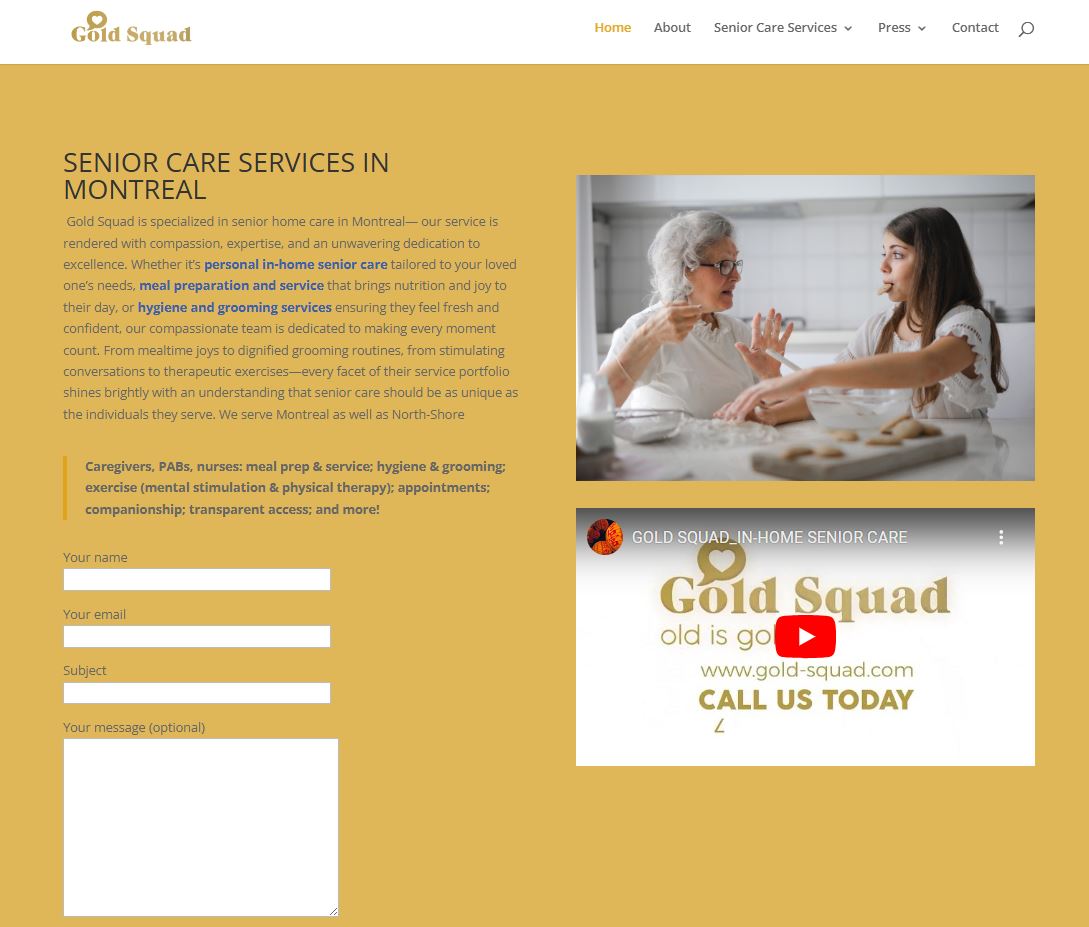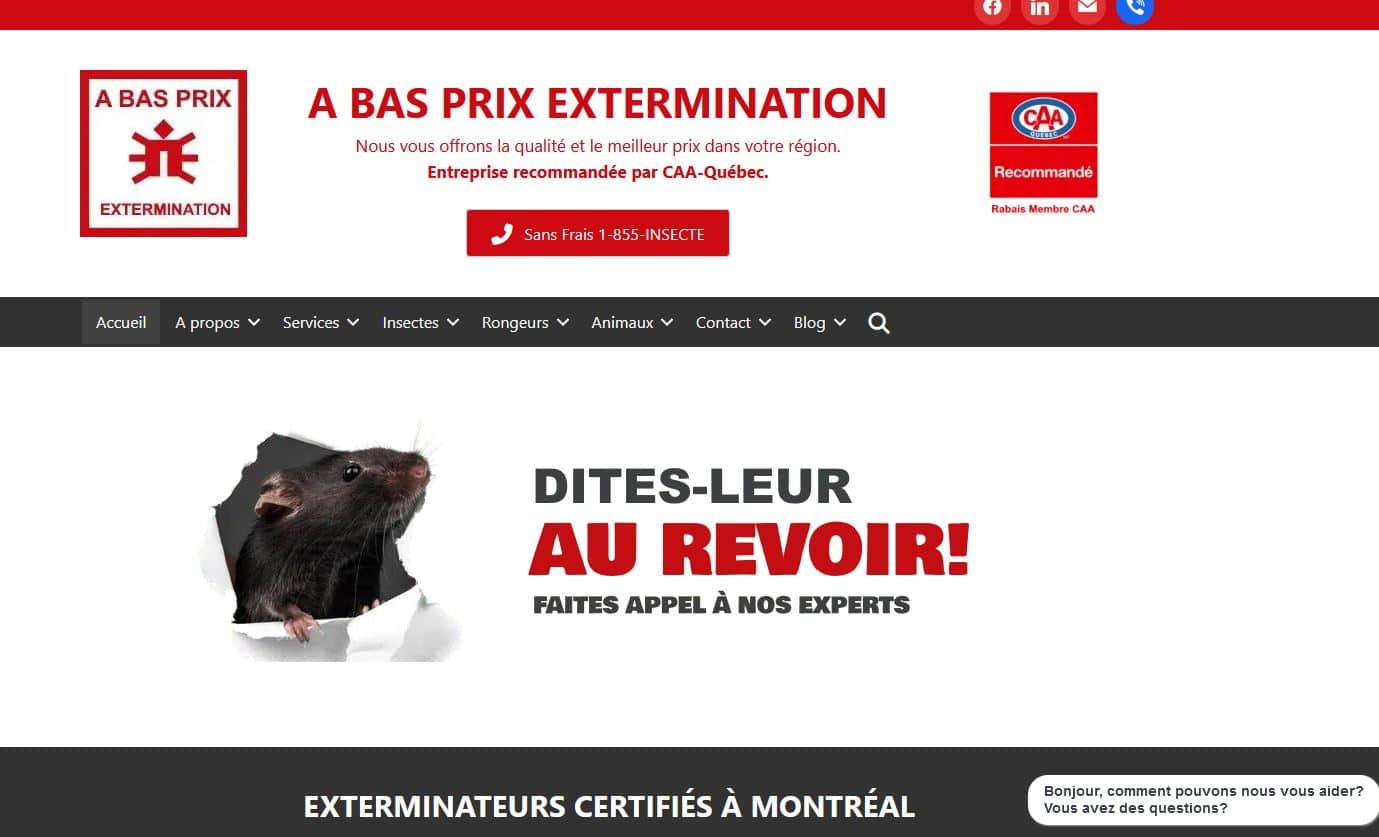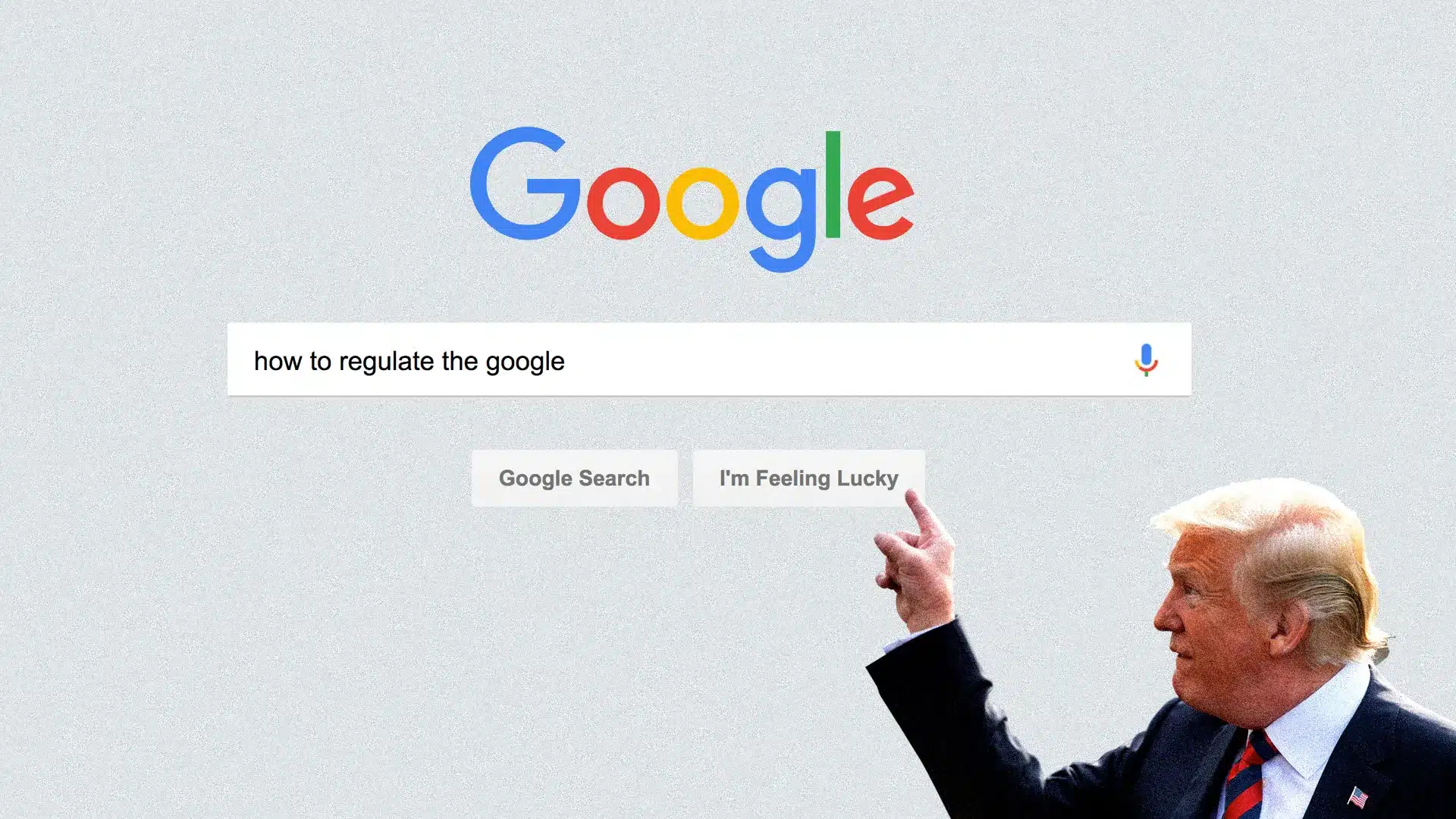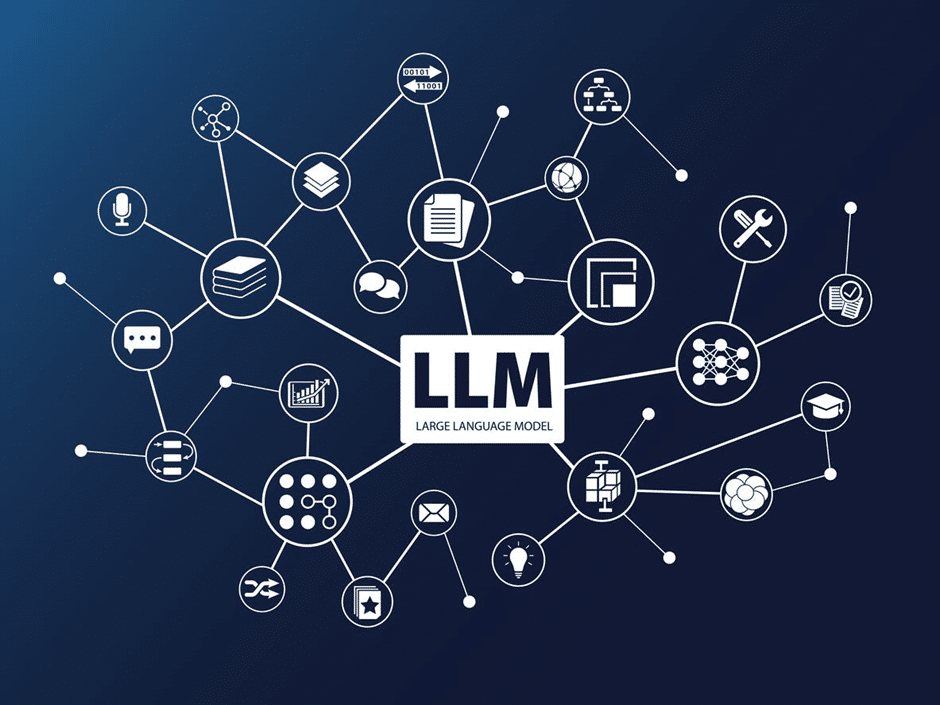The SEO & SEO Agency in Montreal
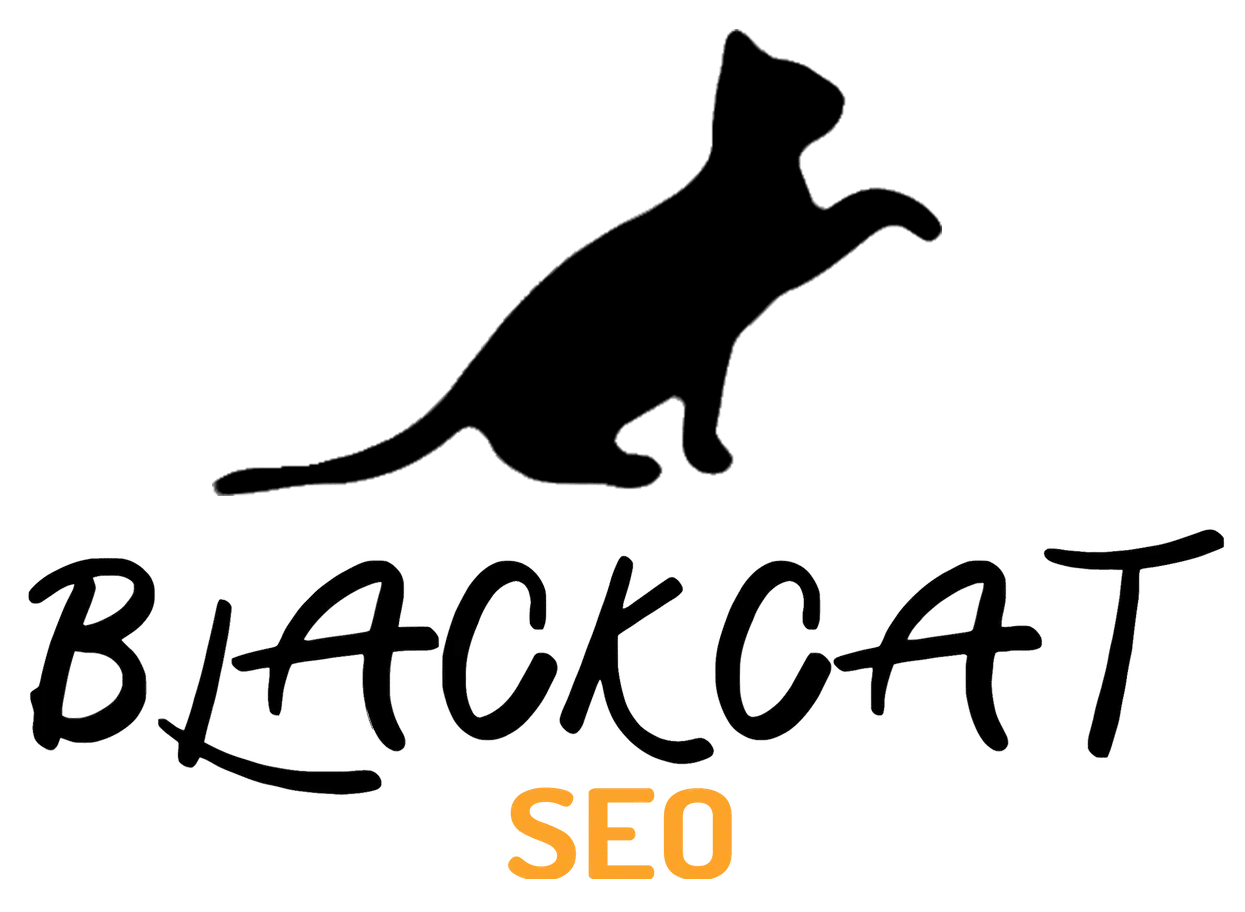
What is SEO and why is it necessary?
Positioning yourself at the top of Google’s search results means taking advantage of a powerful, already existing, and formidably qualified acquisition channel. Through accurate keyword research, in almost any market, a constant influx of leads is within reach of your website. In order to prove this, we offer you a free SEO analysis.
Our Montreal agency specializes in the different aspects of SEO in order to offer you an unparalleled return on investment. We offer customized SEO strategies, state-of-the-art audits, ‘ON-site’ or ‘OFF-site’ SEO optimizations (technical, or backlinks), and other unique SEO services.
Our goal: to propel our clients to the top of Google search results, with concrete results in web referencing.
For 10 years, our clients have trusted us because our SEO methods are affordable, effective, and ethical. Whether it’s SEO, web design, paid advertising/SEM management, or technical and semantic audits, our experts are on the cutting edge of performance marketing to support you, in the long term, in your online growth.
SEO pour Google, ChatGPT, Gemini, Bing, Perplexity….
 SEO Montréal Our SEO agency is truly MULTI-CANAL. SEO on ChatGPT and IA do not escape our reference method.. The BlackCat team is only made up of experts, seasoned in several specialties of web marketing. Web, organic, and paid SEO, web development, design, and media. We have a passionate, loyal team, and unique tools, developed in-house, (such as Prediict) – from which our customers, exclusively, benefit.
SEO Montréal Our SEO agency is truly MULTI-CANAL. SEO on ChatGPT and IA do not escape our reference method.. The BlackCat team is only made up of experts, seasoned in several specialties of web marketing. Web, organic, and paid SEO, web development, design, and media. We have a passionate, loyal team, and unique tools, developed in-house, (such as Prediict) – from which our customers, exclusively, benefit.
Our SEO agency in Montreal practices the art of improving the perceived relevance of a website, by search engines, without resorting to paid advertising.
As such, our approach to SEO and web marketing is responsible and ethical, and only answers existing questions. By optimizing your online presence with our recognized SEO agency, you can create a solid asset that enhances your business website and decreases your dependence on paid advertising, by being present in the RIGHT places, for years to come.
BlackCat SEO Montreal celebrates 10 years of SEO in Montreal!
The BlackCat SEO Montreal Label
We optimize content marketing for your SME and its traffic. The SEO strategy is built ‘tailor-made’. We do referencing for your audience
The code, content, structure – are optimized on your site to not lose any traffic. And above all: speed and web performance! Nothing escapes our experts.
From conversion to technical aspects, our SEO agency in Montreal builds a site benefiting from best practices. You stay in control of everything.
We accentuate local backlinks, has strong authority for organic SEO and local SEO. Media publications, PR, etc.
SEO LOCAL
If you have a physical address, your products or services should be searchable on Google Maps, and your website should be optimized for your territory
Using our proprietary SEO tools, we can optimize your texts based on an in-depth analysis of your competitors’ text, your market, and search trends.
By considering your market, your keywords, the state of your site and your promotion, we provide strategies that we are known for: effective and fast.
Take advantage of our network of journalists and influencers to spread the word about your brand, and take advantage of contextual and powerful SEO signals.
What is said about you can be an issue. We have techniques for covering or removing certain content. Contact us!
Writing for your audience is an art – and writing for a web audience is a science. Our copywriters cover your SEO or press copywriting needs.
































